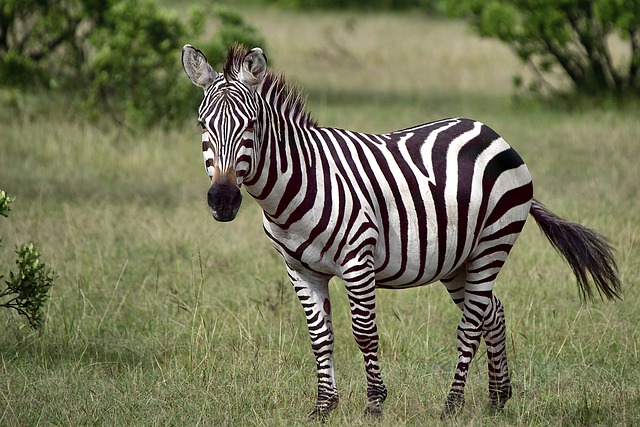The term wild often conjures images of untouched forests, roaring rivers, and majestic mountains. However, in the realm of phenomenology, it transcends its geographical connotation and transforms into a deeply explored arena of human experience. As we delve into the wild landscape of modern philosophy and science, we uncover layers of understanding that connect our inner selves with the chaotic beauty of the world around us.
Modern philosophy invites us to consider how our perceptions shape our understanding of the natural world. When we encounter the wilderness, it challenges the conventional frameworks through which we interpret our experiences. Can we truly grasp the essence of the wild if we view it solely through a scientific lens? As existentialists like Heidegger might argue, our being-in-the-world is inseparable from our surroundings, urging us to engage with the wild not just as an object of study, but as a crucial aspect of our own existence.
From a scientific standpoint, the wild is a treasure trove of biodiversity and biological wonders that invite us to scrutinize the complexities of life. Through a phenomenological approach, we can appreciate the intricate dance of ecosystems and how their wildness influences human emotion and cognition. The very act of exploring nature—the chirping of birds, the rustling of leaves—creates an experiential tapestry that ties our internal experiences to the external world.
As we embrace the wild, we awaken to the profound truths embedded in our interactions with nature. The philosopher Merleau-Ponty emphasizes the embodied experience and how our senses connect us to the world. Walking through a dense forest, we don’t just see; we feel, smell, and hear. The reality of being in the wild is about entering a realm where our sensations overlap with the rawness of nature, creating a symbiotic relationship that enriches our understanding.
Moreover, the wild serves as a counterpoint to our increasingly technological society. In modern philosophy, thinkers like Bauman and Rosi Braidotti argue that our fast-paced lifestyle often alienates us from experiencing nature’s authentic essence. To reclaim this connection, a phenomenological exploration of the wild becomes not just an academic pursuit but an ethical obligation. It beckons us to reconnect with our instinctual ties to the earth and embrace a lifestyle that honors the interdependence of all beings.
In the scientific context, biophilia—the innate human affinity for nature—illustrates that the wild is not merely an external environment but an essential part of our emotional and psychological well-being. Studies show that time spent in nature reduces stress, enhances creativity, and promotes overall happiness. When we immerse ourselves in the wild, we tap into a reservoir of inspiration and rejuvenation that technology can seldom replicate.
Thus, the interplay between science and modern philosophy provides a rich tapestry to navigate our phenomenological journey through the wild. The wild invites us to witness, reflect, and exist in harmony with our surroundings. It encourages us to contemplate our place in the universe while also reminding us of the innate wildness within ourselves—a vital aspect of our being that desires to connect, explore, and ultimately celebrate life in all its forms.




